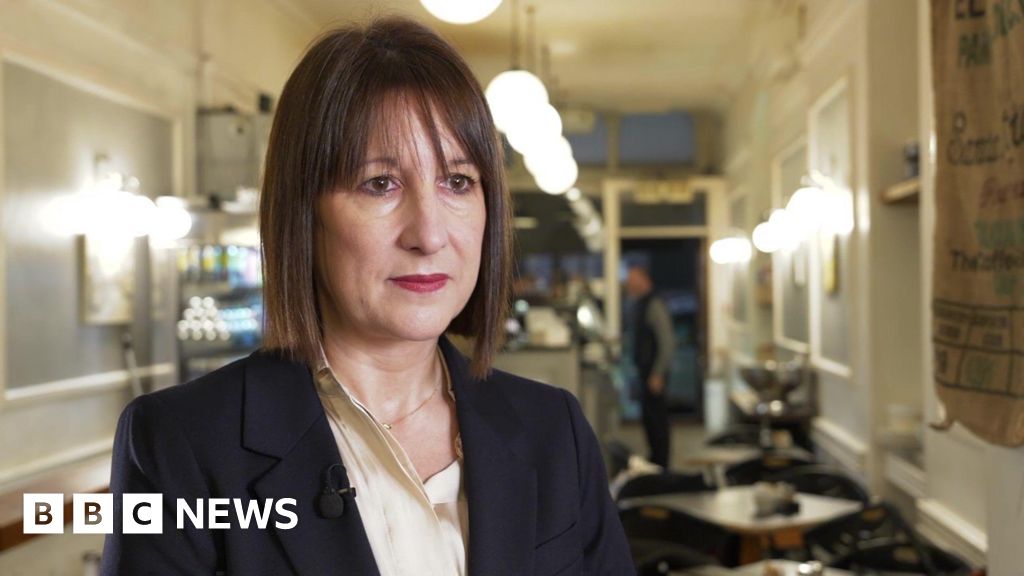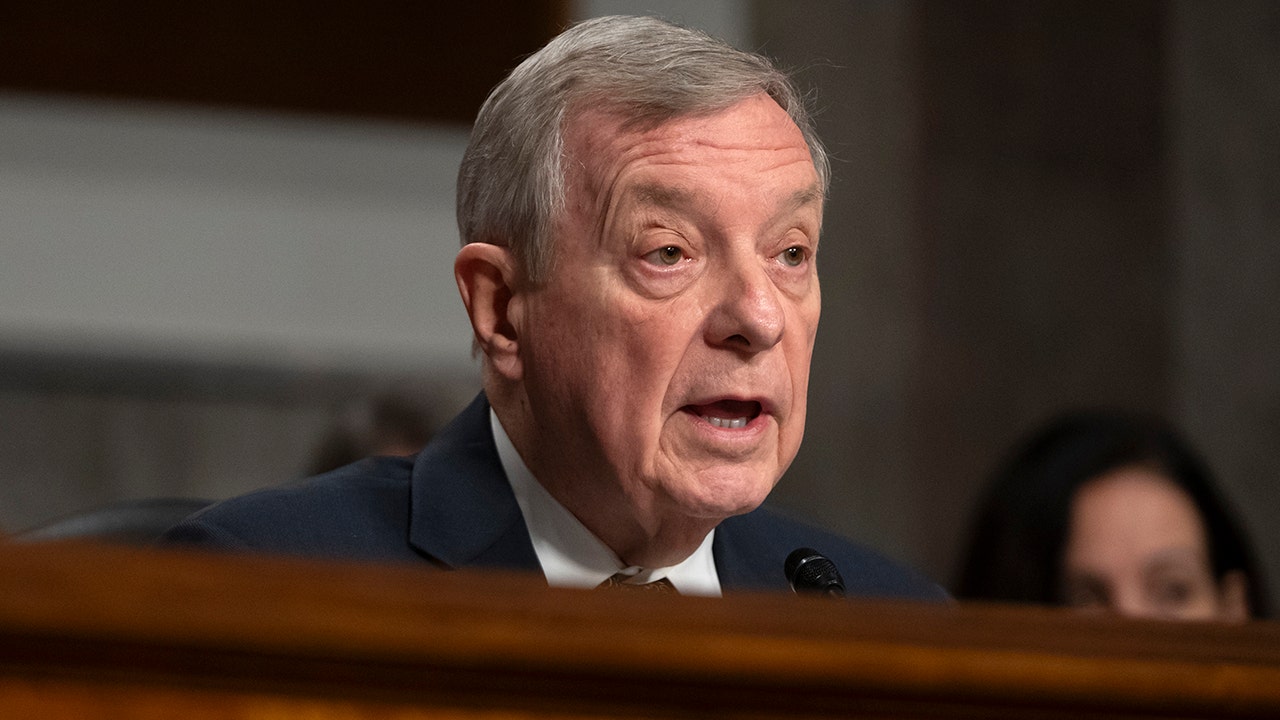Florida Gov. Ron DeSantis, widely believed to be gearing up for a 2024 GOP presidential bid, said that Silicon Valley Bank’s diversity, equity and inclusion requirements “diverted from them focusing on their core mission.” Fox News host Tucker Carlson said diversity and inclusion standards are why “big banks are now increasingly incompetent.”
The reactions from prominent GOP members come amid a conservative backlash to “wokeism,” a loosely defined concept that conservative critics use to describe policies related to climate action and diversity initiatives. ESG, in particular, has become a flash point in Republican-controlled state legislatures and in Congress.
Earlier this month, Congress voted to overturn a Biden administration rule that lets retirement plan managers consider a company’s environmental and social decisions before investing in it. President Biden on March 20 vetoed the bill, which was backed by most Republicans and a few Democrats.
As “woke capitalism” becomes a hot-button issue, here’s what to know about ESG investing.
The acronym represents measurements that some investors use to assess a company’s environmental, social and corporate governance decisions.
“E” stands for environment, or how well a company treats the environment and works to reduce its carbon footprint. Investors can evaluate that company using an array of factors, including, for example, how much a manufacturer pollutes water or reduces carbon emissions.
“S” stands for social, or how well a company treats its labor force, communities and clients. Investors might consider a company’s workplace safety history and employee diversity, as well as whether its products are safe and made with ethically sourced materials.
“G” stands for governance, or how well a company holds itself accountable. Investors may evaluate, for example, a company’s accounting practices and executive compensation decisions.
While ESG has become a catchall term for a type of investing, experts say it really refers to the data that investors use when undertaking “sustainable” or “socially responsible investing.”
Major investment advisers such as BlackRock, Vanguard and State Street have all, to some degree, embraced ESG investing.
BlackRock, for example, has called climate change “a defining factor in companies’ long-term prospects” and voted against hundreds of prospective board members over their lackluster records on climate issues. JPMorgan Chase has stopped lending to new coal mines or coal-fired power plants.
Larry Fink, BlackRock’s chief executive, has pushed back against claims that his company is pushing a liberal agenda.
“We focus on sustainability not because we’re environmentalists, but because we are capitalists and fiduciaries to our clients,” Fink wrote in January, in his annual open letter to CEOs.
In 2021, global asset managers controlled $18.4 trillion in “ESG-related assets,” according to PwC, which projected that number to grow to nearly $34 trillion by 2026. In 2020, an estimated 85 percent of investors used ESG measurements in their investments, according to Gartner.
Some investors use ESG purely to evaluate how certain environmental and social conditions might impact the bottom line.
“We’re looking at ways in which climate, labor practices and human rights are going to affect the profits and losses,” said Witold Henisz, the vice dean of the University of Pennsylvania’s ESG initiative. “So the goal is just to do good investing.”
Tensie Whelan, the director of New York University’s Stern Center for Sustainable Business, said ESG should be thought of as a system of measurement, from purely assessing an investment’s risk and opportunities, to trying to make an impact. Whelan argued the two can be correlated.
“Companies that don’t embrace sustainability are going to end up like companies who didn’t embrace digitalization,” she said. “If you’re a coffee company or a property … insurance company and you’re not managing for climate change, you’re not going to be in business.”
ESG critics contend that it is liberal policymaking disguised as business decisions. As they see it, companies have chosen — or are being pressured — to adopt liberal policies rather than serving their investors’ best interests. Rep. Garland “Andy” Barr (R-Ky.) called it a “cancer on our capital markets.”
Before taking a majority in the House in January, some congressional Republicans signaled they would aggressively scrutinize firms engaged in ESG investing.
In February, the House voted 216-204 to overturn a Labor Department rule allowing money managers to use ESG criteria in pension investment decisions. The Senate passed the measure, 50-46, with Sens. Jon Tester (D-Mont.) and Joe Manchin III (D-W.Va.) crossing the aisle. Biden has vowed a veto, which would be the first of his administration.
A group of 25 Republican state attorneys general have sued the Labor Department to block the rule. Republican officials in Florida, Texas and other states have sought to bar their state governments from doing business with banks that use ESG in investing.
In some states, though, resistance to ESG is showing cracks. In Republican strongholds such as North Dakota, Indiana, Mississippi and Kentucky, legislators have voted down proposals to prevent state governments or pension funds from doing business with firms that have adopted ESG. In North Dakota, a pair of proposals were heavily defeated last month, although lawmakers there may take up watered-down versions.
State-level efforts have been fueled by conservative dark-money groups.
Diversity, equity and inclusion describes policies of employers that believe fostering a diverse and inclusive workforce will create long-term financial benefits. Like ESG investing, diversity and inclusion efforts have also been targeted by conservatives.
In late February, for example, the New College of Florida voted to abolish its office that oversees the school’s DEI efforts. Six of the trustees had been appointed by DeSantis in January.
Did Silicon Valley Bank have ESG and DEI programs?
Yes. In August, SVB detailed its sustainable investing efforts, including an $11.2 billion community benefits plan that included small-business loans and a mortgage program for lower-income home buyers. It also detailed a $5 billion program to provide financing to support its clients’ sustainability businesses.
Moreover, SVB detailed efforts to “build a workplace where all employees are connected, celebrated and supported,” including hiring practices that promote diversity.
Did these programs cause SVB’s collapse?
There’s no evidence that SVB’s sustainable investing or diversity initiatives contributed to its collapse.
Experts have instead pointed to a perfect storm of SVB’s significant holdings in U.S. Treasurys and the Federal Reserve’s interest rate hikes. As the Fed raised interest rates, SVB’s bond holdings became less valuable, and the bank sold Treasurys and mortgage-backed securities at a $1.8 billion loss. The disclosure sparked panic, with depositors pulling $42 billion from the bank on Thursday.















































